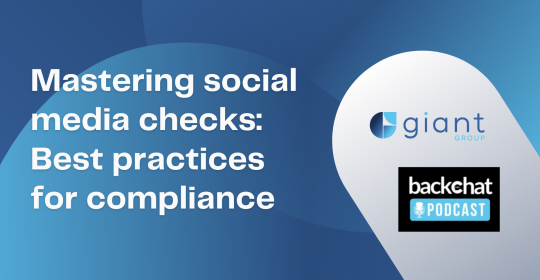Can marketing managers expend so much energy and enthusiasm early in their career that they are no longer worth employing once theyíve passed forty? Some companies think so, according to Jonny Cainer, founding director of marketing recruitment specialists, Marketing Professionals UK.
If the apocryphal ëforeign currency dealerí myth is to be believed, banks and finance houses recruit brilliant young mathematicians straight from Oxbridge and pay them vast sums to spend a few years on the trading floor on the assumption that they will have completely exhausted their intellectual resources in three or four years.
Then, if the story is to be believed, in their mid-to-late thirties, they will be cast aside, loaded but broken, free to drift into poetry and bucolic eccentricity.
True?
In isolated cases, where mental ill health has been a factor, perhaps, but in general management practice? I very much doubt it.
Peaks
We all know and accept that sportspeople will reach a peak of performance, usually between their late-twenties and early thirties, after which the physical constraints of their maturing bodies will bring the excellence of their sporting endeavours to a natural end.
But can the same be said of those whose achievements rely on cerebral talent, intellect and the ability to learn and acquire experience? Certainly not in the realms of the law, entertainment, politics and wealth acquisition, where the names Michael Howard, Bruce Forsyth and Philip Green (to name but three) spring to mind.
So where do managers in general (and ëlive-wireí marketing managers in particular) stand in this equation? Is there a general rule specifying that those who have expended huge amounts of effort, energy and enthusiasm in the early years of their business lives reach an age threshold beyond which their corporate usefulness begins to decline rather than increase?
As a recruiter, I certainly come across this kind of implicit ageism in the job ëspecsí given to me by prospective employers. Their ideal marketing management candidate is often described as being ëin the late twenties or early thirtiesí.
Past it?
Iíve certainly come across cases where an outstandingly qualified candidate has had to accept a 15,000-or-so drop in annual salary in order to overcome the barrier of being over forty - and therefore seen as having reached the age at which they were likely to start ërunning out of steamí in the foreseeable future.
My position on the age ëruleí is that it is irrelevant. There are people who are indolent, unimaginative and utterly lacking in ambition at twenty, while others are full of creativity, drive and enterprise at seventy-five.
Whatís likely to matter in an established marketing department, however, is whether or not a new recruit will fit in with the youthful, post-graduate, creative ëcultureí or upset the existing age/grade applecart.
Older recruits may be seen as lacking affinity with a ëyouthí product or unable to bridge the generation gap with brand managers and their marketplace. Recruits with age seniority (and perhaps more experience) usually resent reporting to very bright, but younger, managers.
The essence of a marketing managerís worth is in the innate abilities he or she possesses, the skills they have acquired and developed over the years and, most importantly, the body of experience they have gained.
Being a thrusting, dynamic visionary or perceptive individual is due to innate characteristics, not age. Similarly, being able to motivate a sales force or knowing the carbonated drinks market inside out has nothing to do with age, itís to do with skill and knowledge.
Unlawful
The law makes it quite clear that it is unlawful to discriminate against someone on the basis of his or her age. That said, someoneís suitability for a management role in marketing is largely a subjective matter and the law is virtually unenforceable in this arena.
In reality, we all make politically incorrect assumptions based on a mixture of intuition, instinct, received wisdom and our lifetimeís accrual of knowledge and information. Itís impossible not to.
Whether we like it or not, ëyoungí is synonymous with the business virtues of vigour, endeavour, appetite and expectation. ëOlderí has connotations with the less businesslike qualities of inflexibility, apathy and complacency. Try as we might, recruiters can never quite prevent these truisms from influencing essentially subjective decisions.
The best we can hope to do is to remind ourselves - and our clients - of the ëplateauí theory. People reach the plateau where they stop learning, performing and showing an appetite for work, at all sorts of different ages, for all sorts of different reasons. For some, it can happen at fourteen years of age. Others are still creating, thinking and working tirelessly into late age.
The trick is not to comply with stereotypical formula when seeking out the best-qualified person for a marketing role but to look for deeper qualities.
The business world is littered with talents that came into full bloom when they were in their teens and twenties - way before anyone had any reasonable expectation that they would do so and, conversely, people who only achieved success decades after their first step into the business arena.
Age isnít the simple determinant itís cracked up to be in common business folklore.
In the marketing management arena, innate ability, acquired knowledge and breadth of experience are.
Jonny Cainer Marketing Professionals UK 0161 236 6789
Burnt out at Forty?

Can marketing managers expend so much energy and enthusiasm early in their career that they are no longer worth employing once theyíve passed forty?





